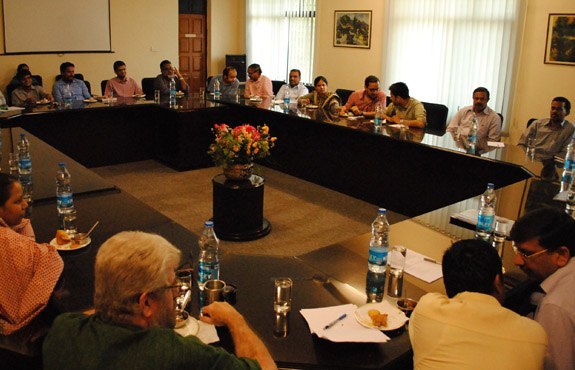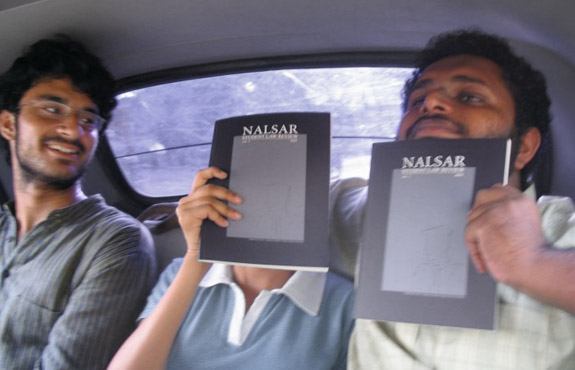The recognition that deep learning happens only when existing perspectives are held up to critical scrutiny drives the university’s continual emphasis on research at the individual as well as institutional level.
The research opportunities for students take the form of mandatory writing done by them as part of the curriculum, for in-house as well as visiting faculty courses. The requirement is flexible enough to allow for pursuit of individual research interests, thereby incorporating inter-disciplinarity and tremendous diversity. Student participation in seminars and conferences is encouraged and facilitated. Similar flexibility extends to the faculty as well, in the form of freedom to reshape the existing curriculum and float new courses as teaching helps them figure out what needs further research. They also take up consultancies as per their specialization when approached.
The weekly faculty seminar and scholar in residence programmes aim at providing an environment conducive to collegiality, which is needed to foster research. The faculty are also given study leave and sabbatical support so as to devote exclusive time to their research and confer, and network with scholars worldwide.
The development of niche areas is facilitated through centres focusing on areas such as disability, environmental law, IPR, corporate governance and others. They allow students to pursue specific interests further, while at the same time creating a rich and diverse resource base in the intended areas. The publications that disseminate the scholarship generated take the form of student-run law reviews and newsletters. Additionally, databases such as LII are hosted to provide information and the open access initiative promotes scholarly dialogue.
In the past, the university has helped conduct symposia for knowledge sharing and public outreach. It has consulted for and collaborated with projects sanctioned by various governmental as well as non-governmental agencies. Such collaboration has been in the form of capacity building, technical assistance, preparing reports and draft legislations, training and sensitization programmes, publishing handbook and booklets, and so forth. The university stands committed to these pursuits in the future as well.
Research and Development Cell - Click Here





